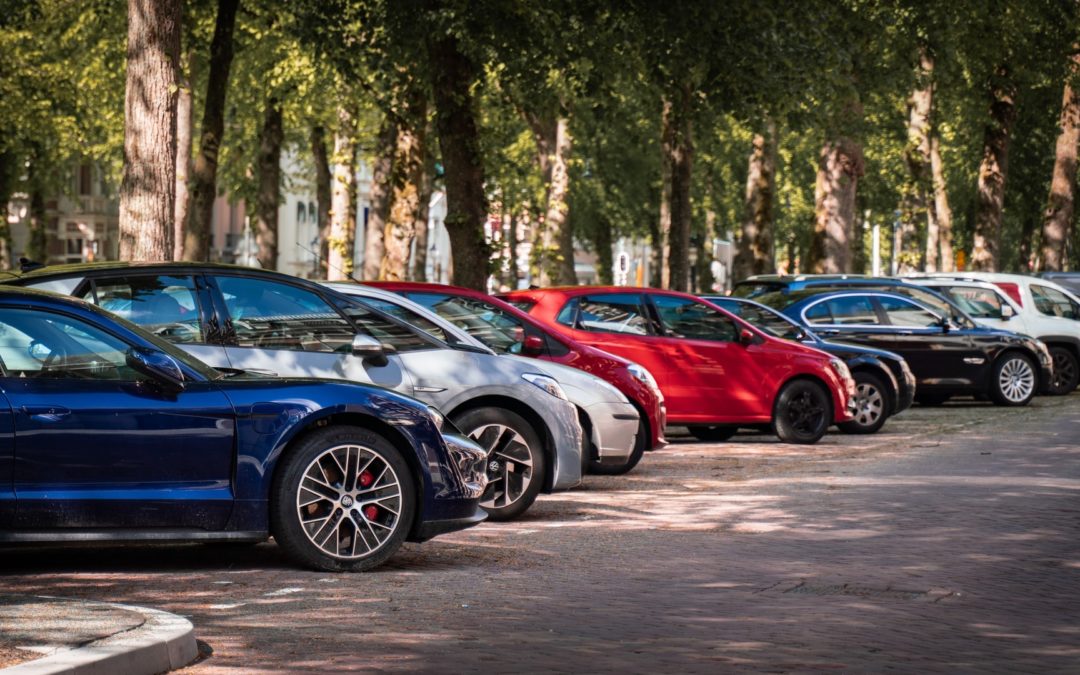Have you seen cars with the darkest looking windows in existence and wondered how those drivers can even see out of them? Have you seen cars with a slight shade of darkness to them and wondered why that person even bothered putting a tint on it in the first place? Are you considering tinting the windows of your own vehicle? Well, we have some answers that might ease your conscience and help you decide if you should get window tint for yourself! Continue reading if you are considering tinting the windows of your car.
What Tint Can Do For You
You might be wondering if the glass on your car is already working as a shield between you and the sun. If it is, then why would you need even more layers of protection? The glass in the car window can shield you from the sun’s rays only to a certain degree. Tinted glass can provide an additional benefit by increasing sun protection, including the harmful UVA and UVB rays. It blocks up to 99% of UV rays and saves the drivers and passengers from premature skin aging and skin cancer.
Tinting further preserves the interior of your car, including the dashboard and carpeting, which can fade over time due to exposure to sunlight. You should also note that a vehicle with tinted windows has fewer cracks in leather and upholstery, suggesting how tinting can help owners save much on costly repairs. Window tinting can also protect your glass from shattering during an accident. A laminated glass results in fewer glass pieces after a collision, thus keeping the driver safe in the event of a road accident.
Types of Window Tint
1. Infrared Tint
The main purpose of window tint is to protect you from UV rays and heat. An infrared window tint serves this purpose while also providing maximum visibility. You can get full protection from the heat and sun without eclipsing your window and you don’t need to worry about the laws regarding the level of window tint in your state. These tints are made to last longer without peeling or chipping.
2. Carbon Tint
A carbon tint offers much resistance to UV rays and heat. It will also allow cell phone and GPS signals through to a respectable degree. If you are looking for much better sun protection, a sleek look, and good GPS signal, you can definitely go for a carbon tint.
3. Metallic Tint
Metallic tint shields you from the UV rays and sun by providing a dark look to your car. This is the reason why vehicles of most of the high-profile personalities appear sleek and appealing. The only drawback associated with metallic tint is that it blocks cell phone and GPS signals. So if you love tech, metallic tint might not be the right choice for you.
Window Tinting Laws
Window tinting has a lot of benefits. Tint can come in different shades of darkness to fit your style and needs the best. The darker your tint, the more you’ll benefit from protecting your vehicle and yourself from the sun, and maintain a greater sense of privacy. However, there are laws that limit drivers from applying certain shades of tint. The amount of light that can pass through your windows is called variable light transmission. Each state has put forth distinct regulations for controlling the VLT percentage. Window tinting laws vary in different states. These laws are drawn to maintain uniformity as well as for law enforcement to work safely in case of an emergency.
Violating tinting laws can get you a ticket as well as a required removal of the tint. Laws. So, if you are wondering about the regulations in your state, you can check local laws to find the legal tint in your state.

